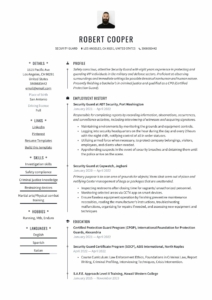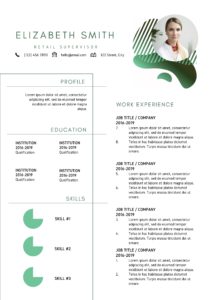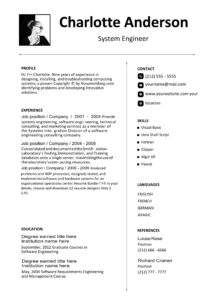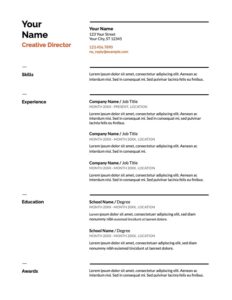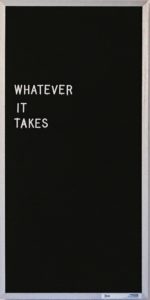
Even though you possess a broad range of skills and lots of experience, writing an entry-level resume never comes easy. One of the purposes of a resume is that it showcases a synopsis of your skills and experience as well as relevant contact information. A resume also displays the commitment of a job seeker to his career, the amount of particular orientation as well as the general professional sophistication. If that is the case, then it can be emotionally overpowering if your job experience is nothing to write home about. An entry-level resume is one of the most difficult to write, hiring managers are not too patient when it comes to checking out such resumes. But it is not impossible. Putting together an impressive entry-level resume that will wow recruiters and takes a bit of hard work, but it is guaranteed to get you started up the ladder of success.
The best tips for an entry-level resume to get started:
1. Broaden Your Scope Sometimes
Job seekers don’t get the job because of lack of experience. Your entry-level resume should display the fact that you went to college and got a degree. You have also engaged in activities, both academic and non-academic that have helped you and molded you into the person you are right now. You have a lot of potentials, which is the primary ingredient that you should focus on when writing an entry-level resume.
2. Use A Profession-Focused Email Address
One of the first things you include on your resume is a profession-focused email address. A professional email catches the attention of job recruiters and gives them a good impression of you almost immediately. Your email should be something like ‘[email protected]’ or ‘[email protected]’ Better still, if you have a personal website where you discuss your profession, you can make use of your web email address e.g. [email protected].
3. Your Career Objective

This section is not too relevant for entry-level resumes. No one cares about what you want; what hiring managers are after is skills which your prospective employer can immediately put to good use. After writing the title of your target job, follow it up with what is known as a ‘Performance Summary' with highlights relevant skills that you possess which are instrumental to the growth of your potential employer’s organization.
If you have gained experience somewhere than this will help you showcase your abilities. Take advantage of this by picking the top requirements. Then write up to six lines about your accomplishments. When you make use of industry parlance, in particular by the use of words that demonstrate your firm grasps of the nitty-gritty of the job, your resume stands a good chance of staying visible on the database, pass applicant tracking systems and resonate when read by hiring managers.
If you have no job experience whatsoever, utilize the job requirements to your advantage by writing up to six lines. Detail your desire for the chance to carry out this work. Emphasize on how your educational qualifications have equipped you over the years, and have prepared you to tackle the job requirements. To have an edge here, carry out some research on professionals in your field. Professional who are already doing this job have relevant experience that they can share with you. Another thing that you must do is to ensure that you make use of relevant keywords as much as possible without keyword-stuffing your resume. Keywords increase your discoverability and allow prospective employers to assess and admire your creativity.
4. The Professional Skills section
Career experts advise that you state your professional skills almost immediately after the Performance Summary section. The Professional Skills section allows you to showcase your skills. It improves discoverability and makes hiring managers to assess your overall skill set quickly. Mention any relevant skills that you have acquired or developed over the years. As a student e.g. via community, volunteer jobs or entrepreneurial stints, etc. Include computer skills, social media platforms, and internet communication applications or tools that you know well.
5. Avoid Using Complex Language in Your Resume

Recruiters look for quality, not quantity. If your resume is full of complex language, you stand little chance of making it before an interview. You risk your resume could get trashed almost immediately. Hiring managers often understand that they will be going through entry-level resumes. Utilize any chance you have to make a good impression. Therefore, avoid the use of complex language when writing your resume. Refrain from filling your resume estate with too many unnecessary details or information that bears little relevance to the job. Get straight to the point without using fillers, just to impress a recruiter. That action may end up being counterproductive.
6. Don’t Forget to Include Your Extracurricular Activities
Yes, you are not applying to a university where they are always on the watch out for the next budding sports star. But it may surprise you to know that recruiters also look out for resumes that list extracurricular activities. Failure to include this aspect of your life in your entry-level resume could work against you. Show your involvement in activities that are relevant to your future career.
These are some of the best tips for an entry-level resume. They will not only get your foot in the door regarding an interview but give you the opportunity of getting hired almost on the spot. Keep these in mind when putting together your entry-level resume.
